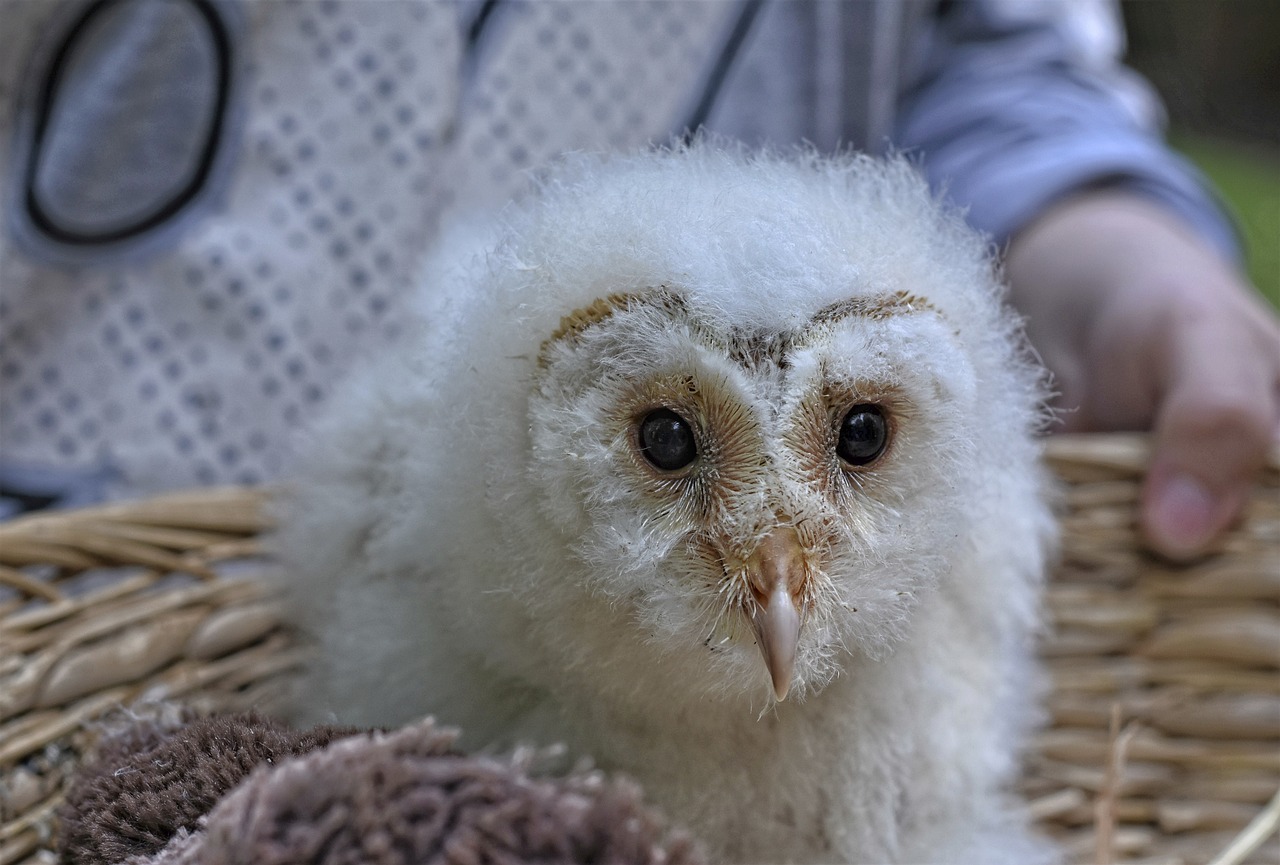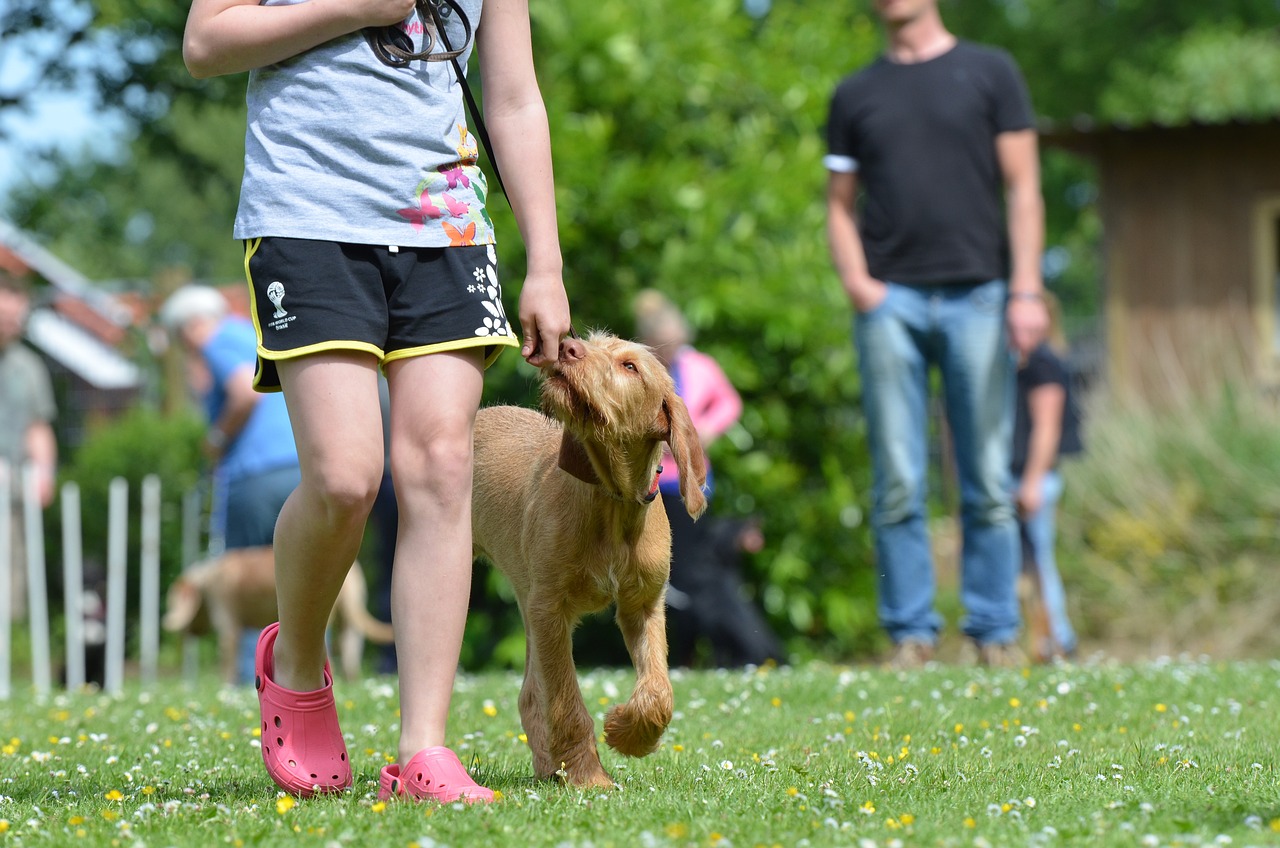As a pet parent, it’s essential to provide the best care for your furry, feathery, or scaly companion. This daily pet care guide is here to help you understand the ins and outs of responsible pet ownership. From morning routines to emergency preparedness, we’ll explore the crucial aspects of caring for your beloved pet.
I. Introduction
The importance of pet care
The bond between humans and pets is a special one. Our pets provide us with companionship, love, and joy. In return, it’s our duty to ensure their well-being. Pet care is more than just feeding; it’s about nurturing a healthy and happy life for your pet.
A pet parent’s responsibilities
As a pet parent, your responsibilities are extensive. You are their protector, caregiver, and source of comfort. It’s essential to educate yourself on the daily essentials of pet care to provide your furry friend with the best possible life.
II. Morning Routine
Feeding your pet
Every pet has unique dietary needs. Understanding the right balance of nutrients, portion sizes, and feeding schedules is crucial. Consult with your veterinarian for personalized guidance.
Exercise and playtime
Physical activity is vital for your pet’s health. Regular exercise and playtime help maintain a healthy weight, provide mental stimulation, and strengthen the bond between you and your pet.

Grooming and hygiene
Proper grooming and hygiene routines ensure your pet’s comfort and well-being. Regular brushing, nail trimming, and bathing (as needed) are essential tasks for different pets.
III. Nutrition
Choosing the right pet food
The quality of your pet’s food impacts their health. Opt for high-quality, species-appropriate food that meets their nutritional needs.
Portion control
Overfeeding can lead to obesity, while underfeeding can result in malnourishment. Pay attention to portion control and adjust as your pet’s needs change.
Special dietary considerations
Some pets have specific dietary requirements due to allergies or health conditions. Consult your vet to address any special dietary needs.
IV. Hydration
Freshwater supply
Always provide clean, fresh water to keep your pet hydrated and prevent health issues.
Signs of dehydration
Know the signs of dehydration, such as dry gums and lethargy, and take immediate action if you notice them.
Importance of clean water
Regularly clean and change your pet’s water bowl to ensure it’s free from contaminants.
V. Health and Safety
Regular vet check-ups
Routine veterinary visits are essential for early disease detection and preventive care.
Vaccinations and preventive care
Follow your vet’s recommended vaccination schedule and maintain parasite prevention to keep your pet healthy.
Pet-proofing your home
Ensure your home is safe for your pet by removing hazards and securing potentially harmful items.
VI. Mental and Emotional Wellbeing
Socialization
Socialize your pet with other animals and people to promote healthy behaviors and reduce anxiety.
Mental stimulation
Provide mental stimulation through toys, puzzles, and interactive games to keep your pet’s mind active.
Love and companionship
Pets thrive on love and companionship. Spend quality time with your pet to nurture your bond.
VII. Training and Obedience
Basic commands
Teach your pet basic commands like sit, stay, and come to ensure safety and control.
Housebreaking
Housebreaking is crucial for indoor pets. Consistent training and positive reinforcement are key.
Positive reinforcement
Use positive reinforcement techniques to encourage good behavior and discourage unwanted actions.
VIII. Exercise and Play
Types of exercise
Explore different types of exercise, such as walks, fetch, or agility training, to keep your pet physically active.
Bonding through play
Playtime is a fantastic way to bond with your pet and strengthen your relationship.
Outdoor adventures
Take your pet on outdoor adventures, like hiking or beach trips, to give them new experiences and fresh air.

IX. Rest and Sleep
Creating a cozy sleeping space
Provide a comfortable sleeping space for your pet to ensure they get a good night’s rest.
Sleep needs for different pets
Understand the sleep needs of your specific pet. Cats, dogs, and other animals have different requirements.
Importance of rest
Adequate rest is essential for your pet’s physical and mental well-being.
X. Emergency Preparedness
First aid kit
Create a pet-specific first aid kit and know how to use it in case of emergencies.
Knowing emergency numbers
Have the contact information for your vet and local emergency pet clinics readily available.
Evacuation plan
Develop an evacuation plan in case of natural disasters or emergencies to keep your pet safe.
XI. Allergies and Allergens
Identifying allergies
Learn to recognize signs of allergies in your pet, such as itching, sneezing, or digestive issues.
Reducing allergens at home
Implement measures to reduce allergens in your home, like regular cleaning and air purification.
Allergy-friendly pet products
Consider using hypoallergenic pet products if your pet has allergies.
XII. Dental Care
Brushing your pet’s teeth
Maintain your pet’s dental health by regularly brushing their teeth or providing dental chews.
Dental health treats
Use dental health treats to support your pet’s oral hygiene.
Dental check-ups
Schedule dental check-ups with your veterinarian to prevent dental problems.
XIII. Pet Products and Accessories
Choosing the right accessories
Select the right collars, leashes, bedding, and toys for your pet’s comfort and safety.
The importance of quality
Invest in high-quality products that are durable and safe for your pet.
Eco-friendly options
Consider eco-friendly pet products to reduce your environmental footprint.
XIV. Special Considerations for Different Pets
Dogs, cats, birds, reptiles, etc.
Each type of pet has unique care needs. Research and understand the specific requirements of your pet.
Unique care needs
Different pets may have unique needs, such as temperature, habitat, or social requirements.
XV. Conclusion
In conclusion, being a responsible pet parent involves a wide range of daily care essentials. Your dedication to your pet’s well-being is a reflection of the love and companionship they provide in return. Following these guidelines will help you provide the best possible life for your beloved pet.
XVI. FAQs
1. What’s the best diet for my pet?
The best diet for your pet depends on their age, breed, and health. Consult your veterinarian for personalized dietary recommendations.
2. How often should I groom my pet?
Grooming frequency varies by pet type and breed. Regular brushing and grooming help maintain their hygiene and coat health.
3. Can pets get allergies like humans?
Yes, pets can have allergies to food, environmental factors, or other allergens. Watch for signs of allergies and consult your vet.
4. What’s the importance of mental stimulation for pets?
Mental stimulation is vital to keep your pet engaged, prevent boredom, and maintain their mental health.
5. How can I prepare my pet for emergencies?
Create an emergency kit, know the contact information for your vet and emergency pet clinics, and have an evacuation plan in place.







